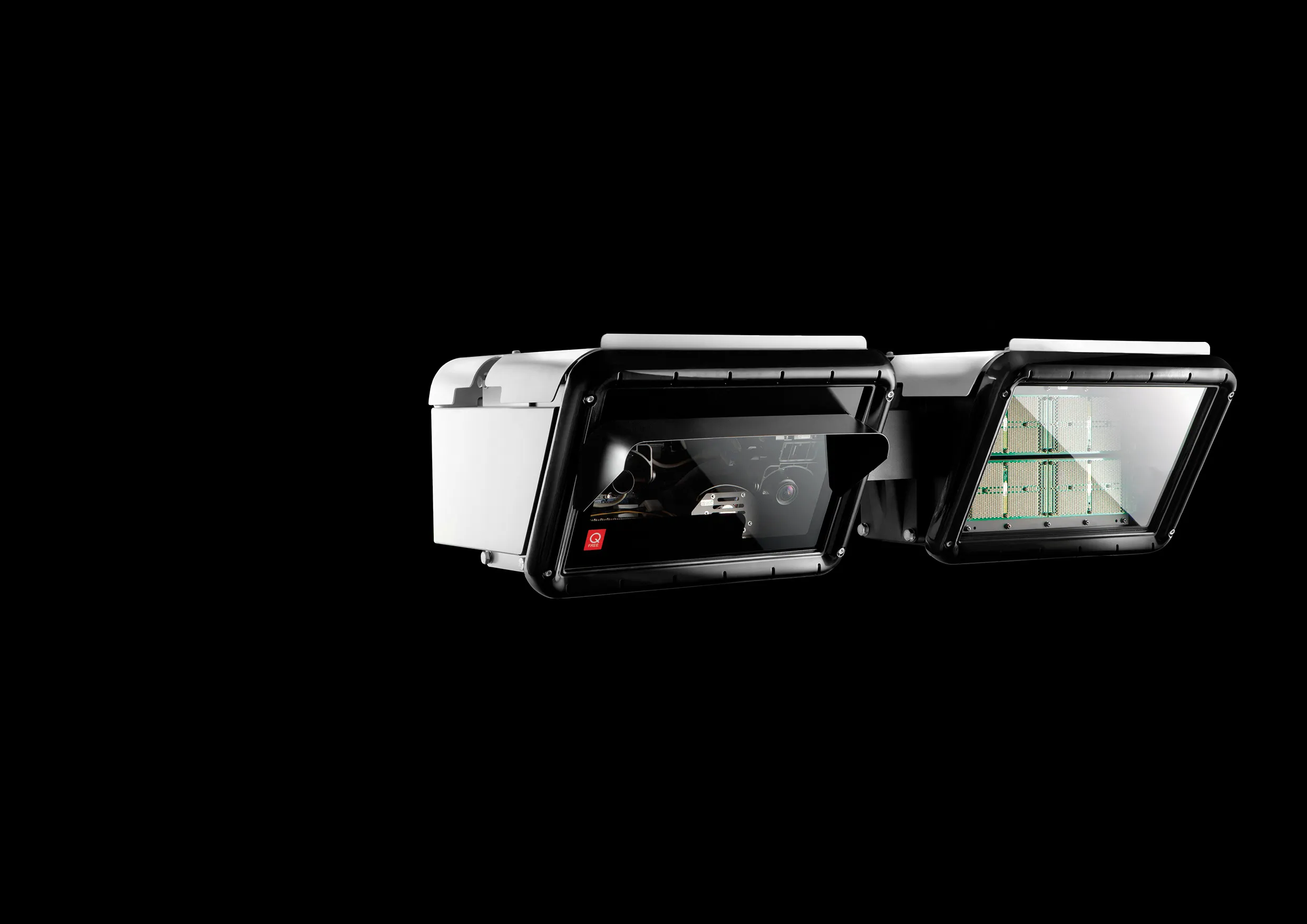The array of initiatives such as the ‘Plugged-in Place’ project and eco incentive programmes in diverse locations of the United Kingdom, have made the ownership and the use of electric vehicles a reasonable option.
March 16, 2012
Read time: 3 mins
The array of initiatives such as the ‘Plugged-in Place’ project and eco incentive programmes in diverse locations of the United Kingdom, have made the ownership and the use of electric vehicles a reasonable option. The support of more than 40 regional partners across both public and private sectors, along with a remarkable funding of US$12 million by the Office for Low Emission Vehicles (OLEV), will help North East England to establish an integrated EV charging network with 1,500 charging stations by the end of 2013.
However, even though North East England has led the recent infrastructure development by installing 300 charging stations, London is expected to become the European capital of EVs as the5432 Department for Transport has been awarded US$14.4 million by OLEV and announcements to deploy 25,000 charging stations by 2015.
“London has over 500 public charging stations and is dynamically adding more to it,” explains Frost & Sullivan research associate Prajyot N. Sathe. “The launch of the Source London scheme is working towards getting 1,300 public charging stations by 2013.”
The introductory phases for the deployment of charging stations have been completed or are on the edge of completion, Sathe says. The EV charging infrastructure market is expected to grow at a vigorous rate over the next five years with 2012 to 2015 becoming the most crucial years for the market to advance. Despite the US$7,745 government grant for the purchase of a new EV, there was a low uptake in 2011, and the delay in the launches of several models like Opel Ampera, Ford Focus, Smart Fortwo, and many more, was a major contributor to this situation. The forthcoming introduction of a wide range of electric vehicles and releasing them on the mass market, as well as the availability of charging stations to facilitate the consumers, will secure EV interest, Sathe believes. However, the standardisation challenge prevails, as different types of connectors and plugs will make finding a suitable charging point difficult and furthermore, the change in standards will lead to stranded assets.
According to Frost & Sullivan research findings, by 2017 Europe is expected to have approximately two million charging points. The UK expected to have a majority - some 390,000 - followed by France and Germany. However, countries such as Belgium, Estonia, Portugal and many others are introducing government subsidies, grants and discounts aimed at making EVs a smart preference.
“The approximate investment in the next seven years is expected to be €€5 billion (US$6.48 billion) with over two million charging points across Europe,” concludes Sathe. “The ratio of charging stations to electric vehicles is likely to decrease from 2.5 to 1.8 per vehicle by 2017.“
However, even though North East England has led the recent infrastructure development by installing 300 charging stations, London is expected to become the European capital of EVs as the
“London has over 500 public charging stations and is dynamically adding more to it,” explains Frost & Sullivan research associate Prajyot N. Sathe. “The launch of the Source London scheme is working towards getting 1,300 public charging stations by 2013.”
The introductory phases for the deployment of charging stations have been completed or are on the edge of completion, Sathe says. The EV charging infrastructure market is expected to grow at a vigorous rate over the next five years with 2012 to 2015 becoming the most crucial years for the market to advance. Despite the US$7,745 government grant for the purchase of a new EV, there was a low uptake in 2011, and the delay in the launches of several models like Opel Ampera, Ford Focus, Smart Fortwo, and many more, was a major contributor to this situation. The forthcoming introduction of a wide range of electric vehicles and releasing them on the mass market, as well as the availability of charging stations to facilitate the consumers, will secure EV interest, Sathe believes. However, the standardisation challenge prevails, as different types of connectors and plugs will make finding a suitable charging point difficult and furthermore, the change in standards will lead to stranded assets.
According to Frost & Sullivan research findings, by 2017 Europe is expected to have approximately two million charging points. The UK expected to have a majority - some 390,000 - followed by France and Germany. However, countries such as Belgium, Estonia, Portugal and many others are introducing government subsidies, grants and discounts aimed at making EVs a smart preference.
“The approximate investment in the next seven years is expected to be €€5 billion (US$6.48 billion) with over two million charging points across Europe,” concludes Sathe. “The ratio of charging stations to electric vehicles is likely to decrease from 2.5 to 1.8 per vehicle by 2017.“







